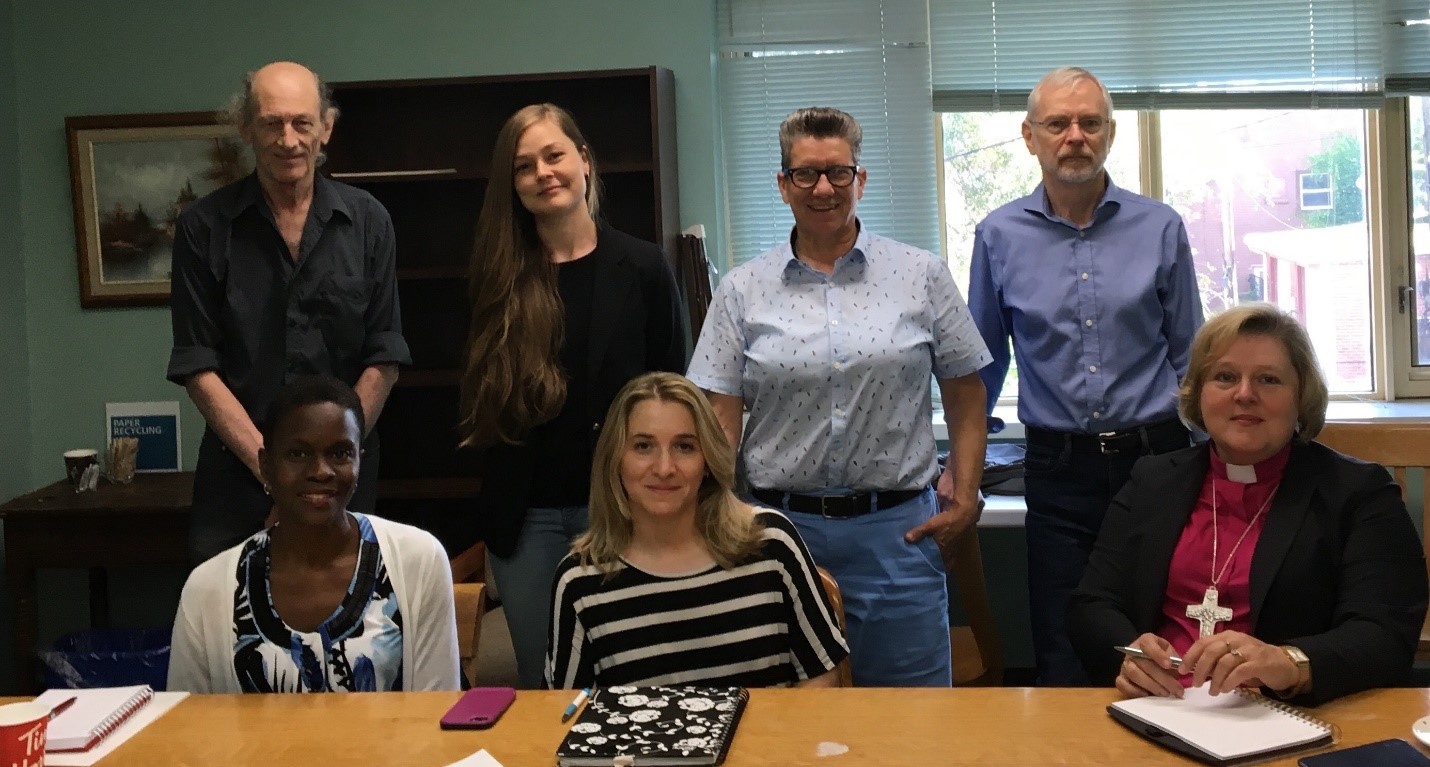In a recent letter to local Members of Provincial Parliament, Bishop Susan Bell urged legislators from all political parties to use their voices to speak out in favour of an increase to Ontario social assistance rates.
“In doing so, you will help uphold the dignity of some of our most economically vulnerable neighbours in our communities,” wrote the bishop. Over 900,000 people in Ontario rely on social assistance.
Ontario social assistance amounts for individuals are currently pegged at $733 (Ontario Works) and $1169 (Ontario Disability Support Program) per month, which equates to levels that are only at 41% and 65% of Canada’s poverty line. The Bishop’s letter suggests that these rates should increase in line with the Canada Emergency Response Benefit, which identified $2,000 as a basic income for Canadians during the pandemic.
Two years ago, Bishop Bell participated in a local effort to hear the stories of people living with social assistance as well as the experience of people who participated in Hamilton’s Basic Income Pilot Project. Deirdre Pike, diocesan program consultant for justice and outreach, co-authored a report about that effort, entitled A Brief Flowering of Hope.

“Their experiences showed us very clearly how the social assistance system was in need of great repair and, even more, how a new system providing an income floor to everyone could be the tool most in need,” said Bishop Bell.
At the same time, the bishop says that the pandemic has only exacerbated the needs she heard expressed at the time, especially given rising food prices.
“We all realize that the pandemic has been intensified by the poor living conditions of low-income people: they are forced to live in crowded accommodation, use public transit, and go to foodbanks to supplement their diet,” noted Bishop Bell. “Their health was already compromised by inadequate nutrition before the pandemic, and their communities have the highest levels of COVID-19 infections and deaths.”
The diocese has long advocated for an increase to social assistance rates, in solidarity and partnership with local poverty groups, the Interfaith Social Assistance Reform Coalition (ISARC) and others committed to a world where poverty is no more.
Read the A Brief Flowering of Hope report here.
Source: The Niagara Anglican Newspaper



